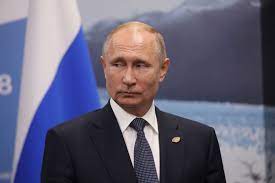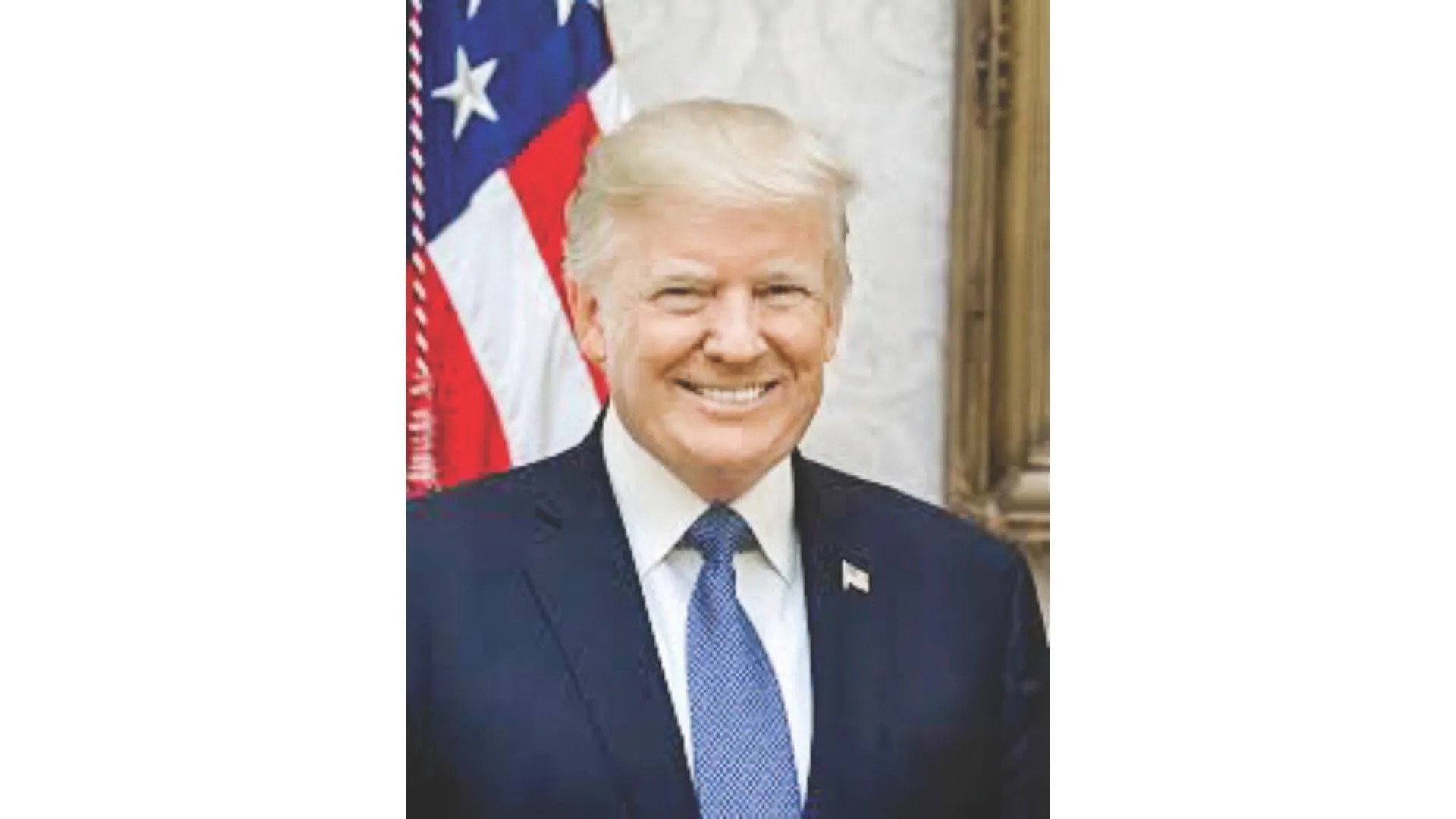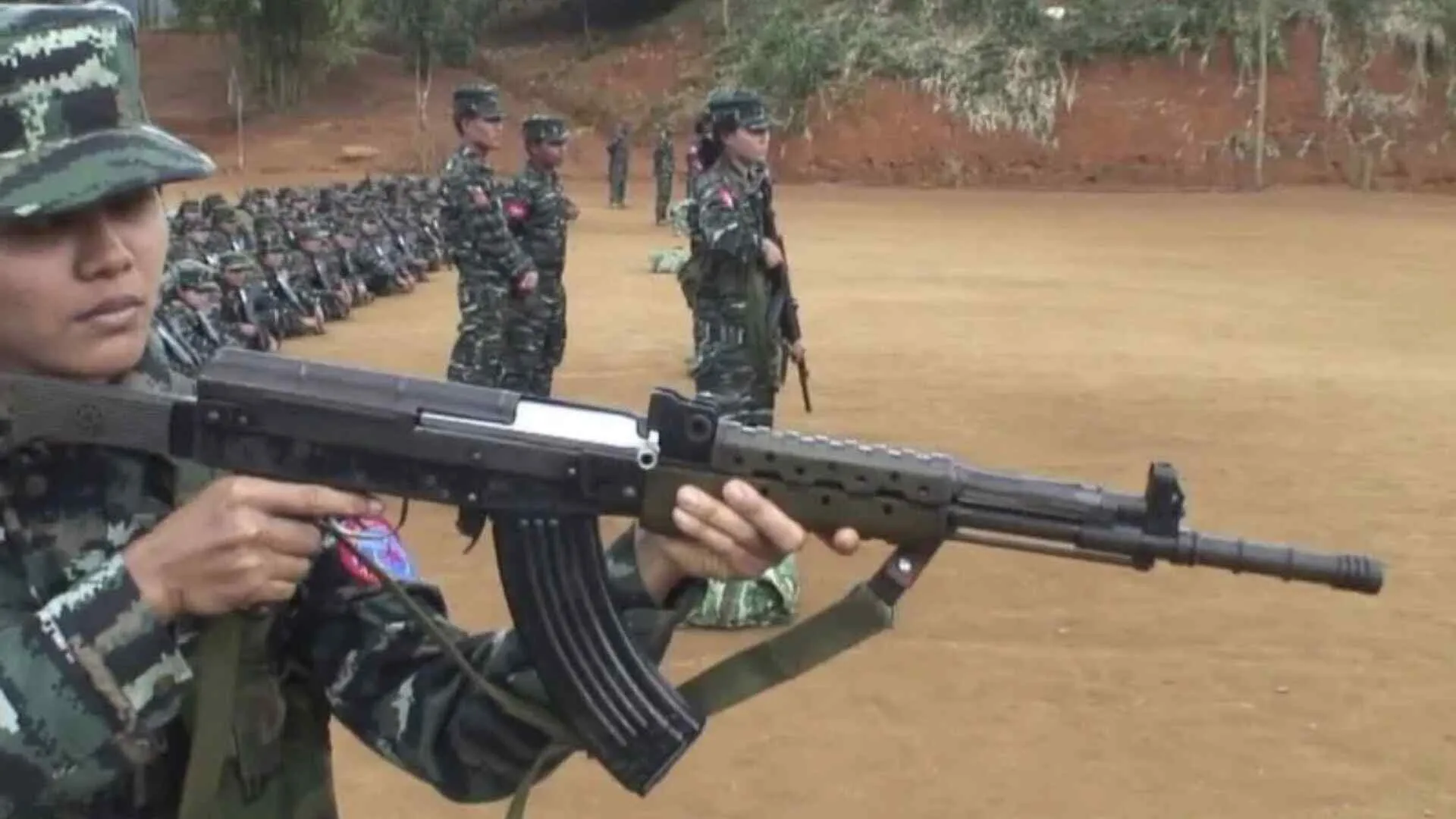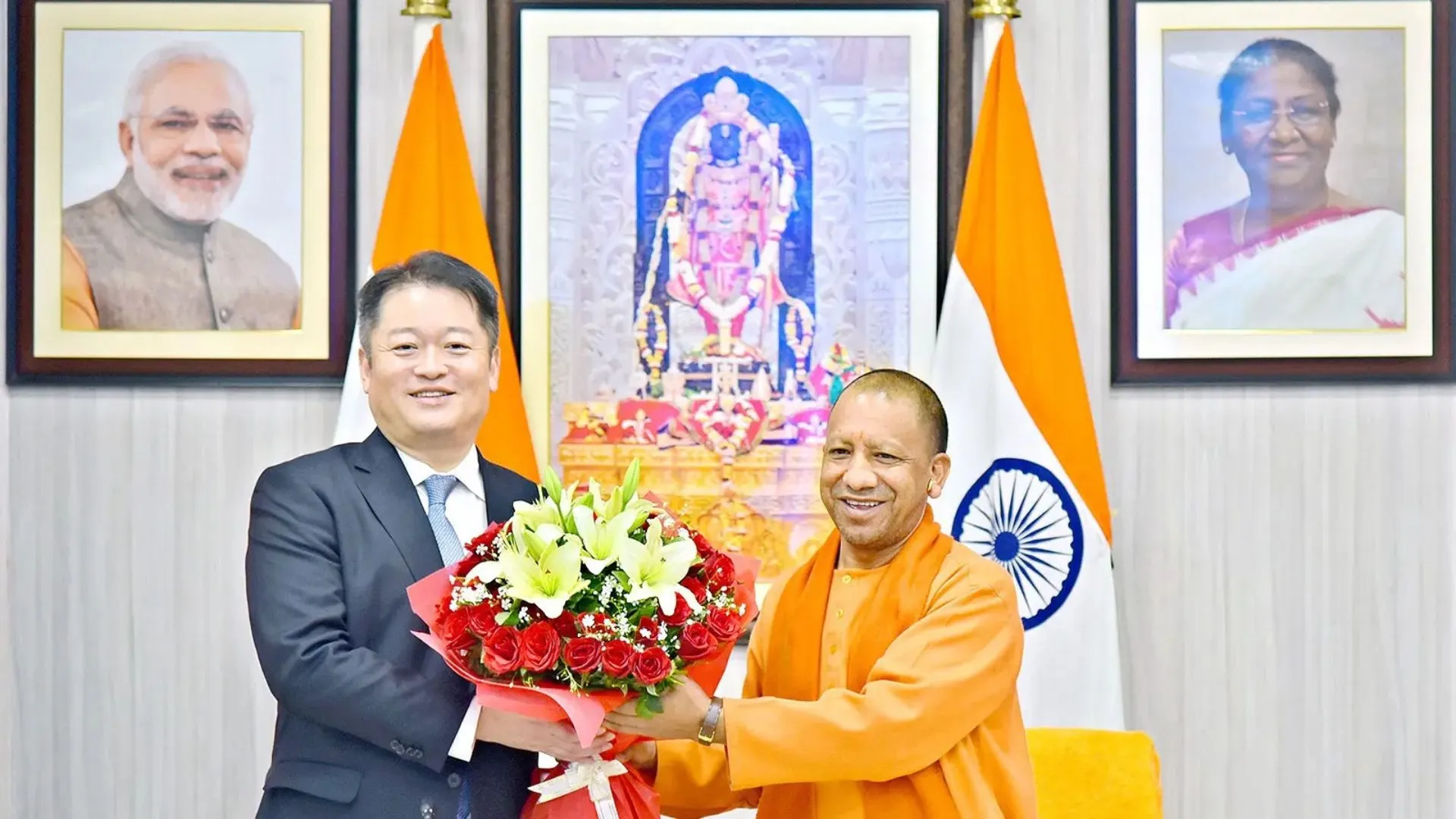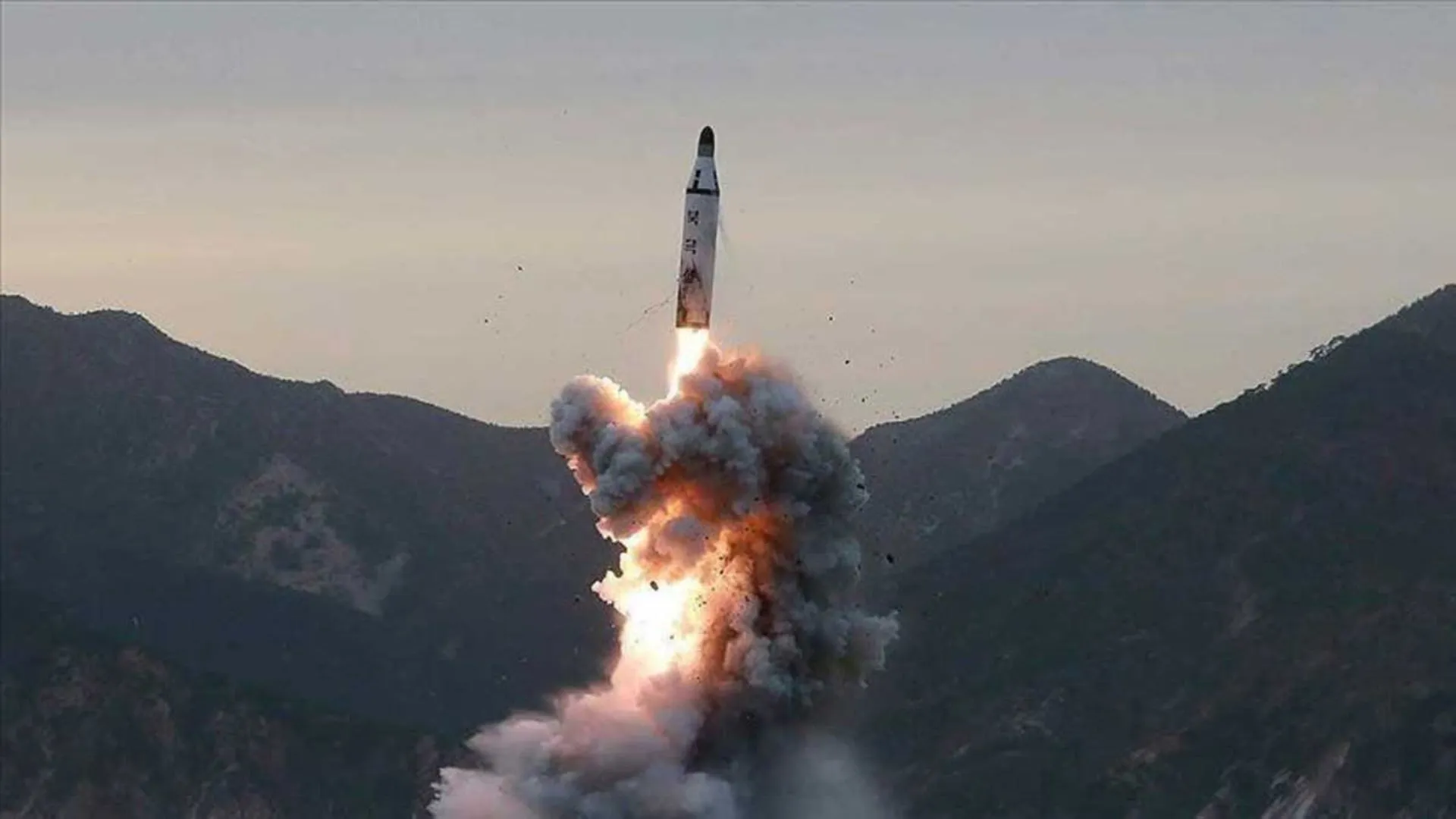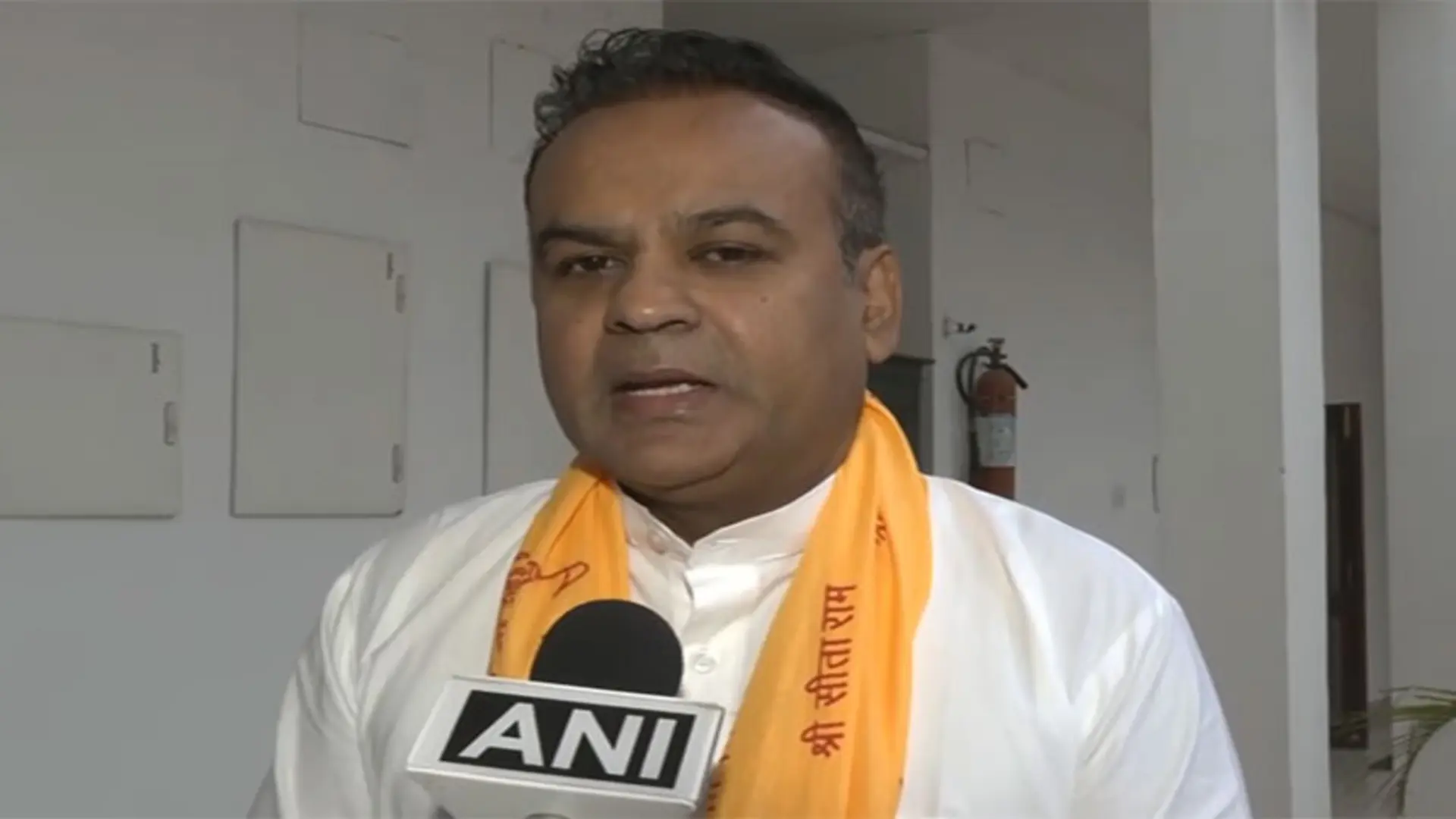India may be the only major adult in the “geopolitical room” these days. That is, be it Prime Minister Narendra Modi talking up real peace and inclusiveness at the G20 India chairs or at the recent G7 he recently attended. He, along with India’s foreign minister, S. Jaishankar, have been constructively staking out key territory for the country’s foreign policy. Yet, there is rising dangerous talk from Russia and the US and its proxy about assassinating the other sides’ leadership. This is a worrying trend, adding to the fuel of foreign aggression and undermining India’s prosperity and world peace.
Key Indian foreign policy territory wisely excludes not only assassinating leaders, but mimicking land and sea grabbing by China, or overthrowing governments or attempting to and arming up proxies to global powder keg levels like the US-led NATO does. It excludes also bombing the “lights out” of public residences and creating millions of refugees as Russia does. Also, India is expressly against the walking over of the UN Charter, including, no doubt the OSCE (Organisation of Security and Cooperation in Europe) article of not threatening another country’s security. It also includes New Delhi not giving any space to state-sponsored terrorism.
On some of these points, first, let us look at the litany abroad of western aggression. More recently, it appears Washington’s proxy Ukraine has attempted to kill the Russian leader, Vladimir Putin, by way of drones that got all the way to the Kremlin, but were shot down. Putin was fortunately away from the target. If he had been hurt or killed, no one knows what the extent of the impact could have been, including the possible breakout of World War III and/or his replacement by a greater war hawk.
Yet despite such risks, those like US President Joe Biden have wished Putin’s removal. The leader of the West expressed so in an angry speech which was well covered by Sky News and other main western media. Given the Russo-phobia and even “Putinophobia” that has certainly permeated Washington, there may be too much support there for the Russian leader being eliminated from the scene. Then, there is the key headline from the main US news magazine, Time, “Why Putin is Right to Fear for His Life.” As the Chinese saying goes, “Beware what you wish for” as those advocating assassination or removal of such leaders, especially in today’s world may be looking to open a new Pandora’s box of war and mayhem.
And speaking of the Chinese, given the war clouds in the Taiwan Strait, Beijing and its leadership might get even more disastrously worked up if Putin, a key ally, was assassinated by the US or its proxy. China might become much more jingoistic against Washington, including on territorial matters that could impact behaviour on India’s border with its megalithic neighbour. Again, Washington needs to lower the barometer on its propensity at poorly thought out strategic aggression, while at the same time, it should not allow belligerents to overwhelm it and its legitimate interests.
For the Ukraine security services, they seem to have a hit list which may have included not only Putin, but his ideological mentor, Alexander Dugin, and well beyond. Dugin’s daughter, famed in Russian media, was instead killed likely by Ukrainian elements. This rising assassination mentality shows how much this war in Ukraine has got out of hand. It also adds questions about the degree Washington is accepting such behaviour by its Ukraine proxy to fuel further tensions, even beyond the worst ones it had with the Soviet Union during the Cold War. And most worrisome following the drone attacks, ex-Russian president Dmitry Medvedev, who is vice chair of the powerful Russian security council, stated in the social media, Telegram, “After today’s terrorist attack, there are no options left but the physical elimination of Zelenskyy and his clique.”
Then, there is the other over-the-top aggression, likely approved by the US and with possible Ukraine involvement of blowing up the Nord Stream pipelines, potentially critical even to US ally Germany’s industrial and economic survival. Combined with the US security services eavesdropping on the former German chancellor’s phone and the UN Secretary General, what indeed are the lengths that the US foreign and security establishment will go to? Washington has the rather aggressive tendency of trying to push Moscow and others out of the idea that they, independently, can or should be able to contribute seriously to the global security picture or oppose any of the US’ “vital” views. Do many Washington insiders want to keep the South, including New Delhi, too much out of the picture of helping to reform the current US-dominated set of rules on international “law”? That includes bending international rules so as to favour its commercial interests, such as its liquefied natural gas sector replacing Russian gas cut off by US-led sanctions and by the blowing up of the joint, Russian-European pipelines in the Baltic Sea.
Washington has to look harder at itself than isolating itself in an ideology and emotions that make it feel its unnecessary aggression is legitimized. This is an approach that too often aggravates and provokes to war one might well conclude by real evidence even facilitated the blundering into war in Ukraine by the Kremlin.
It is one thing to sign onto or ratify treaties like the UN Charter where the US underlined the respect of territorial sovereignty of states. It is quite another to undermine that by attempting to surround Russia by the US-led NATO alliance that is hardly friendly to Moscow. And then to go the “Full Monty” against the UN Charter by the US toppling (or helping to) a government representing a strategic neighbour to Russia, like Ukraine. After all, this immense territory is a military front door to any possible invasion of Russia.
For China, once colonized by the imperial West, it should then not walk into the US’ geopolitical footsteps by just following international law of the UN only where it suits it. For Russia, US excesses and provocations do not give it the right to devastate its neighbour and foul up Europe and India’s food and energy situations.
Then, there is peace promoting New Delhi trying to act as the major conflict resolution grown-up in this broken geopolitical order. It should continue to do so, evermore. But will these three major aggressive superpowers, not listen enough to it to prevent a major global recession or World War III? If not, India has the right, if not responsibility to its citizens, to better ensure its more self-sustainability from the North and China by interlocking more with the South. In other words, it could also lead the way by more South to South “resucitation”, while the North forfeits its moral, economic and geopolitical leadership and sanity.

Peter Dash is an educator and former Associate on international affairs at Harvard University.

